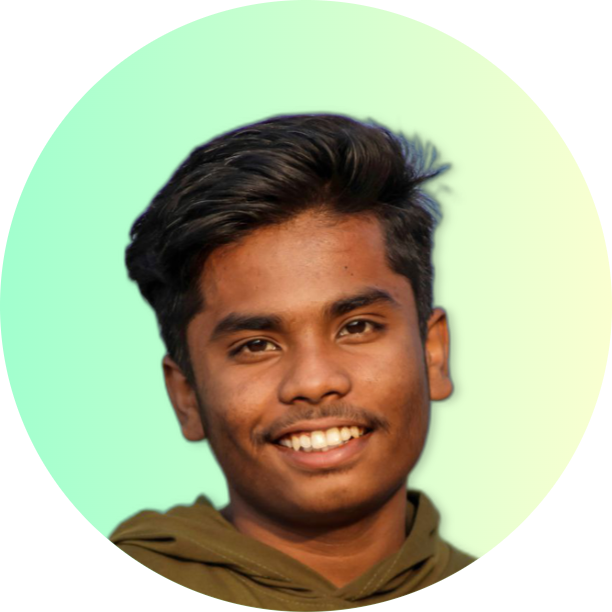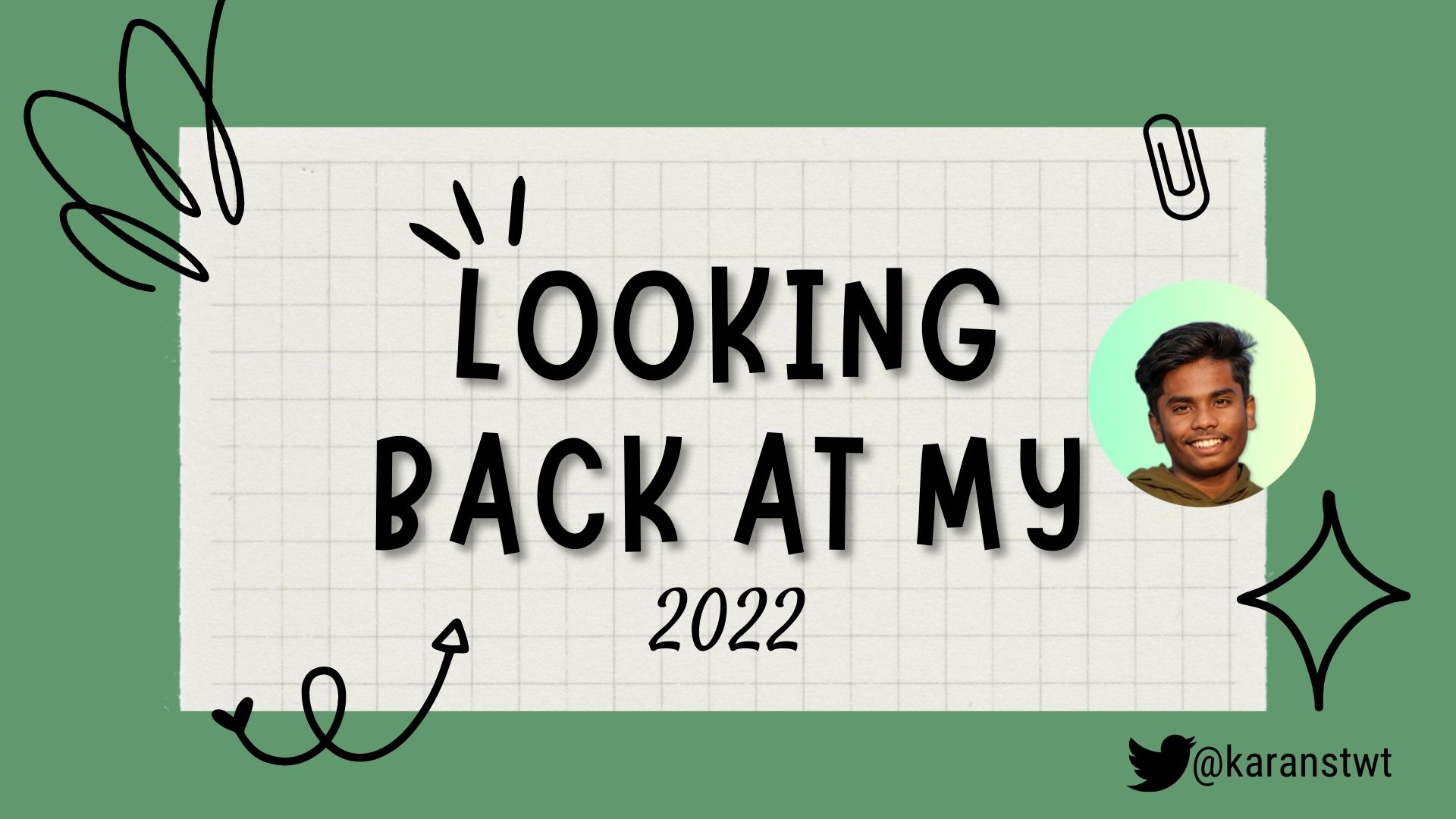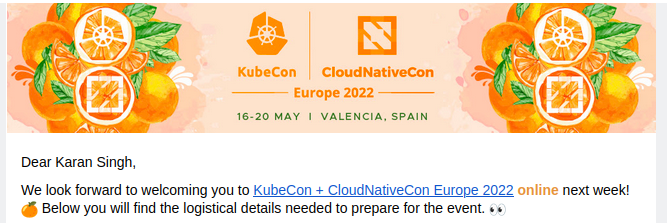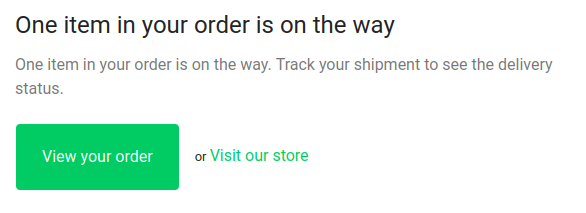Looking back at 2022
 Karan Thakur
Karan Thakur
My past year has been fantastic, did a lot of things, started contributing to open source, explored different domains from the web to kernel tried my hands on many things that too during my freshman year.
TL;DR
This year was filled with experiences because of :
GitHub Contributions
Learning new technology
Collaborations
Obstacles
Writing blogs
Reading
Swags
Open Source
Content Creation
Why community is important
What role does an active community play in helping others
Community FTW
I started coding during my freshman year, I was learning python in my room in solitude, with no one to point out my mistakes, or help me when I am stuck on a problem. It becomes pretty hard to keep yourself going when you are alone and don't know the next steps to take.
My sole purpose in joining communities was to, get acquainted with like-minded people. They help me to understand the value of the open-source culture.
Whatever opportunities I have received and the amount of growth I witnessed in myself, and the learnings, I owe to the open source, and by the open source, I don't mean just fixing bugs or adding features.
Open source has taught me what it means to collaborate and be an active community member. It helped me to be a part of some of the most engaging and inclusive tech communities out there.
The most engaging and inclusive communities that I am a part of are:
If you want to get started with Open source, and community management, this is the place.
Community catered for content creation by developers for developers.
Here you can find resources for literally everything that concerns a developer, from monthly events to roadmaps you name it.
Lesson 1: Being active in communities helps you to get new opportunities.
GitHub contributions
I created my GitHub account in the October of 2021 but didn't have a single clue on how I can start contributing to GitHub and what contributing even means. Did nothing on GitHub for many months.
Finding my first issue to contribute to was difficult because I was still learning languages and wasn't well versed with any of them, and understanding the source code of a big repo is a whole different level of difficulty.
One fine day when I was searching for some good-first-issue , I found one which I had confidence in solving. My first PR helped me to learn a new javascript framework, and it took me A MONTH to complete it.
My first PR taught me what it means to be a part of an inclusive community and every little change matters.
Lesson 2: You don't have to be well-versed in the topic to start contributing to it. Learn while working.
Working on personal projects has helped me to get proficient in with tech stacks I was working with, I prefer development over solving questions as it also helps to get a touch of how individual parts work together.
This is what the contributions look like at the end of the year. It's not much but surely every PR that I made, has taught me one or more things. With every contribution that I made, I felt more cheerful.
Note: The best way to understand a project is by attending its community meetings, meetings are the best way to get an insight into what is going on in the project along with new issues to work on and new opportunities to collaborate.
Learning in Public 'is hard'
while being a part of the communities it is clear that you need to have a good social presence, learning in public is a thing that sounds good, and looks good with a hashtag but it takes time to be able to really go out and start showing your daily progress when you are surrounded by some of the industry leaders, S-tier developers, and people of the same age as you with thousands of followers and daily engagements and here you are standing alone just trying to get a place and get recognized for your work ( Imposter Syndrome enters the chat).
The only solution that I found for that you should post things that you wanted to see on your feed, or what would have helped you.
Asking Questions in public is also a way of engaging, no questions is a stupid, and every question is answered. The only thing that matters you should be descriptive and respectful when you ask a question, as a person is taking their time out to answer your query and we should respect that.
Writing Blogs is fun

Writing Blogs was something I started to create content as a developer, technical blogs are way more helpful than videos in my opinion. Also as I started writing I also got started to remember my habit of reading which most of us have forgotten as we are moving more toward the visual medium. But in my opinion, technical blogs are way more helpful for our developers than video demos as they can be updated with time and is an interactive activities.
Monthly Challenges from WeMakeDevs have helped me to get consistent with writing blogs, and I have taken part in multiple challenges organised by different communities as well.
Lesson 3: Being consistent is the key.
Participated in Hackathons and Seminars
The community helps you with collaboration and also mentorship which can accelerate your progress exponentially.

Having been part of many communities helped me to get a perspective on how a student can excel in their career, you don't need to follow the same traditional ways that are being followed by the majority of the people, to get started by the people.
KubeCon was one of the seminars that I enjoyed the most last year, I attended the seminar twice, last year.
You can find my blog about my experience with the Kubecon here

I also took part in a few hackathons even though I couldn't win but they helped me to get in my hustling mode, getting new ideas, making projects, how to plan a project.
Resources that helped me:
Won Swags!

Swags are tokens of appreciation for one's participation and reward for taking an effort in completing challenges and adding value.
Creating an OG Public profile
All public profile that conveys your efforts and your aspirations to the recruiters is very important. It takes effort to create a great public effort, and I have started to create one.
Cool Profile Picture ✔️
Expressive Header ✔️
Descriptive Bio ✔️
All of my links ✔️
Proof of work ✔️
Lesson 4: Creating a profile takes a minute, and making it great can take years
Helped newcomers
Helping other community members is a way of giving back to the community, the same way someone guided you through some issues or helped you when you were stuck. It also shows the maintainers or community leaders that you are encouraging others to contribute to and be a part of the community.
Lesson 5: Non-contributions are as valuable as code contributions.
My Learnings
During the course of 365 Days, I learned:
C/C++
Java
Python
Javascript
Vue
Docker
Postman
Kubernetes
Networking
Content creation via blogs
React
Other than these technical skills, I also improved my soft skills like
Digital etiquette
Time management
Project management
Team management
I explored multiple domains this year, I tried my hands-on with cybersecurity, took part in a hackathon, and was in the top 100 candidates. Also did low-level programming with C. I used multiple distros of Linux and did enjoy using them. Did a little AI/ML with python.
Right now I am navigating through the cloud-native landscape and learning about different tools. This year I will be learning about DevOps tools, and best practices and will be creating one or two DevOps-focused projects.
Earned Certifications
This year I also explored different domains and got certified in certain amazing ones.
Postman Student API Fundamentals Expert:
Postman Student Experts are proficient in the essential skills involved in building and testing API requests in Postman. Postman Student Experts are proficient in the essential skills involved in building and testing API requests in Postman.
Microsoft Certified: Security, Compliance, and Identity Fundamentals (SC-900):
Earners of the Security, Compliance, and Identity Fundamentals demonstrate a functional understanding of security, compliance, and identity (SCI) across cloud-based and related Microsoft services.
-
Beginner's Guide to Linux Kernel Development badge understands the basics of the Linux kernel development process and can configure the development system. They understand the basics of git, as well as the explicit and implicit rules of the Linux kernel community. They can also build a kernel, install it, write kernel patches and test them. They know how to send patches and who to send them to, as well as how to re-work patches by incorporating feedback from reviewers.
Regrets
One of the things that I will be regretting will be the opportunities that I lost because of self-doubt, or because of ignorance.
I applied to multiple programs but got rejected due to many reasons which really felt hurtful, but it is true, you have to show the mentors that you are a deserving candidate, or else you won't be able to go through.

Lesson 6: If you are not ready for rejection you won't be able to improve yourself.
Resolutions
I'm still working on my speaking skills, hope I'll be more proficient in communicating and leave my stage fright far far away.
This year I'll more actively participate in the community I hope to code more, collaborate more, and create content more.
Also want to help students like myself who are struggling with where to start and how to work along with others as a team.
I will try my best to grab an internship in a remote company.
Final Thoughts
If I imagine myself as the same guy who was coding in my room, solving just DSA problems with no one to share my doubts and achievements with and no one to appreciate my work. I wouldn't be able to achieve half of what I was able to do in a year.
If you have read so far then, congratulations you just got to know my life a little bit. If you have any questions or suggestions, please leave your comments down below. Thanks for reading!
Subscribe to my newsletter
Read articles from Karan Thakur directly inside your inbox. Subscribe to the newsletter, and don't miss out.
Written by

Karan Thakur
Karan Thakur
A tech-savvy guy who loves to learn and work with new and exciting technologies, Karan is also a Community first person who's always looking forward to collaborating and learning. Having been involved with several open-source projects as a way to improve his skills, he has learned a great deal about interacting with users as part of an organization. He is a student pursuing his bachelor's in computer application, being a self-taught developer and part of several online communities, he has learned the majority of his skills through online resources and spends more time interacting with people online than attending college. His area of interest includes DevOps and cybersecurity and writes technical blogs as a hobby.


